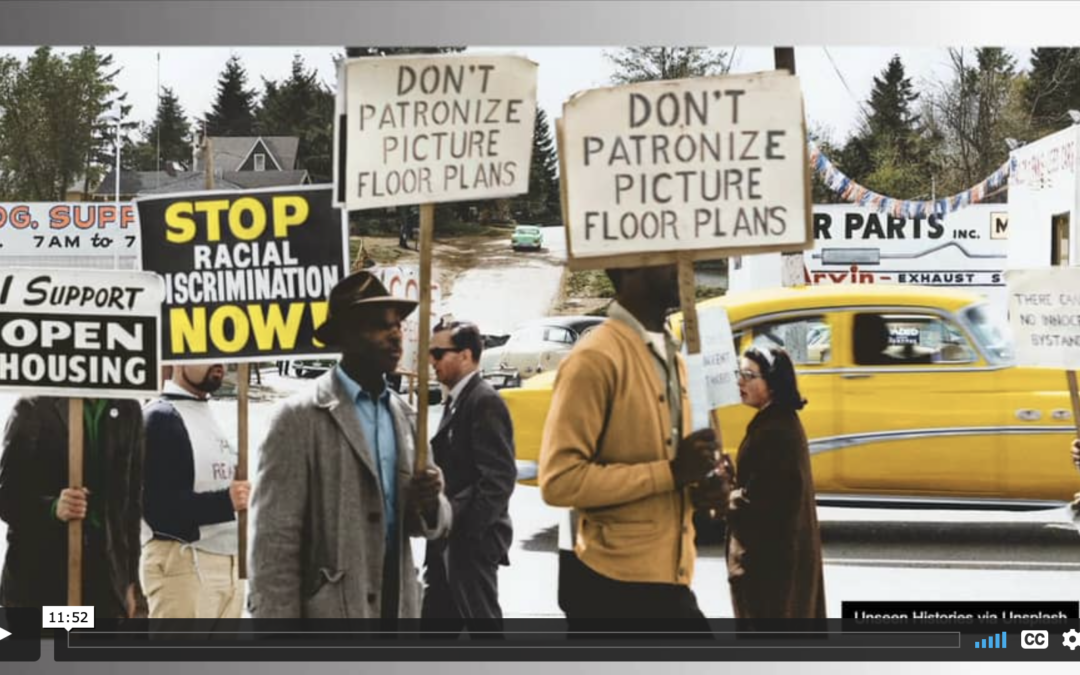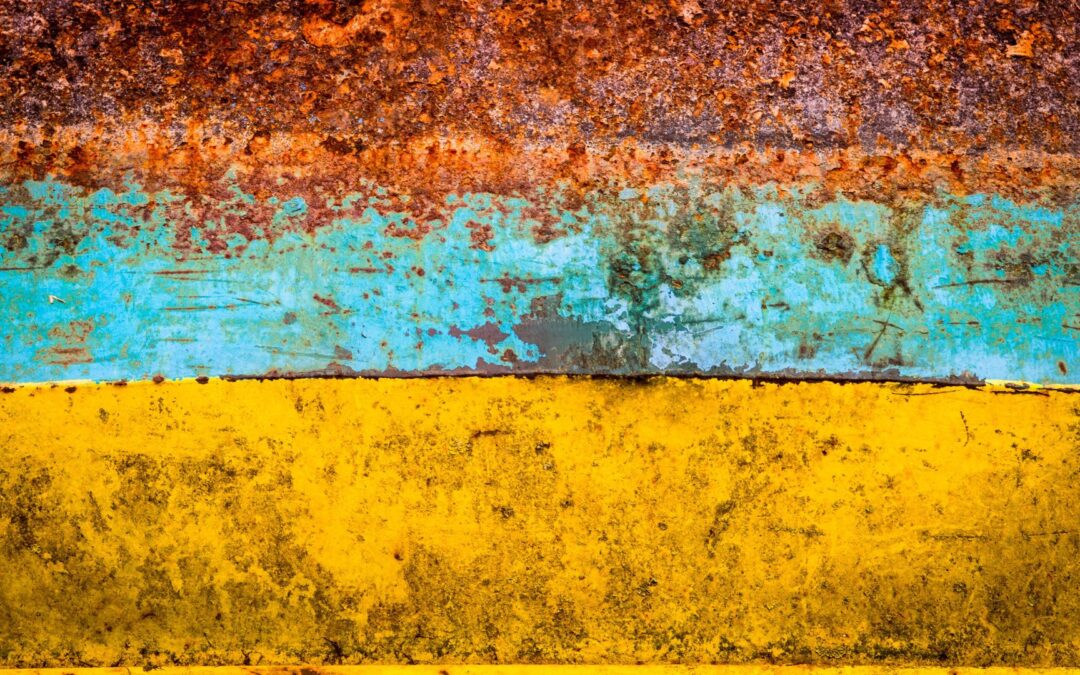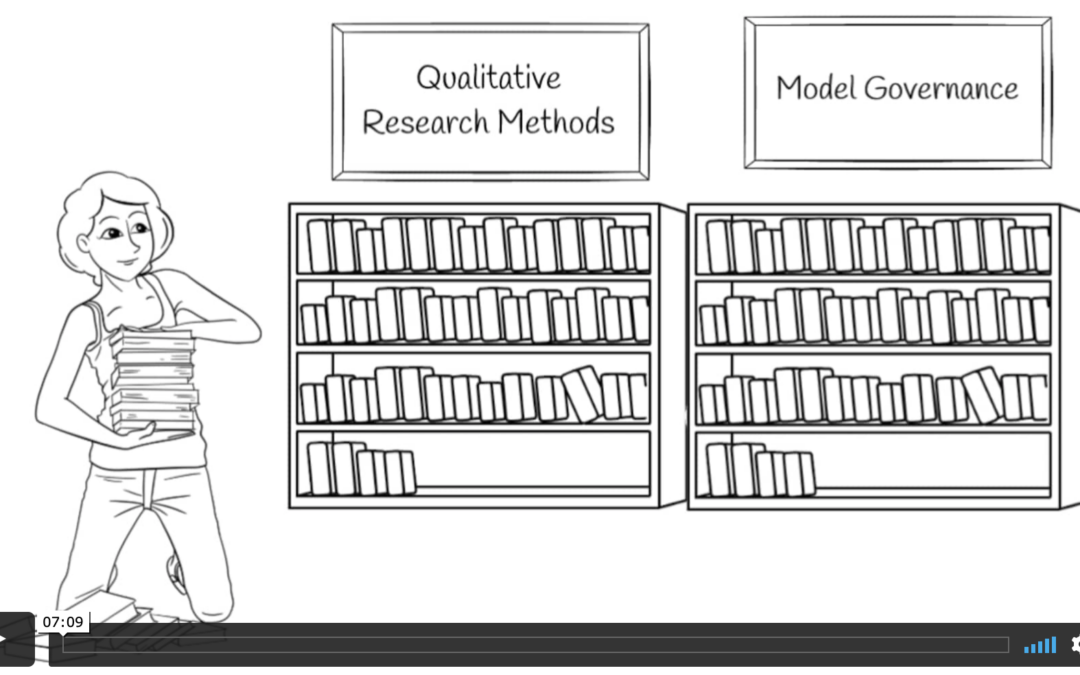*Apologies for the poor sound quality. We're working on it and hope to have an improved version available soon. Case Study—This case study will present how a multicultural and multidisciplinary team from EPAM Continuum, the global innovation design firm, gathered, analyzed, and presented back...






